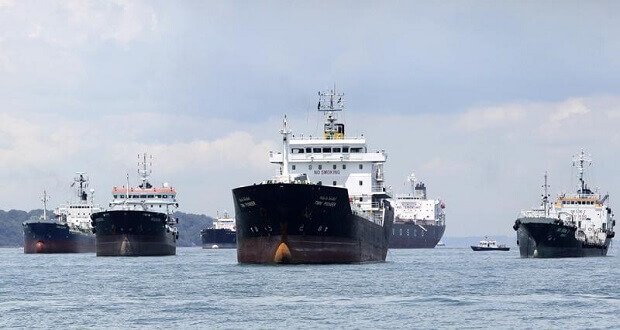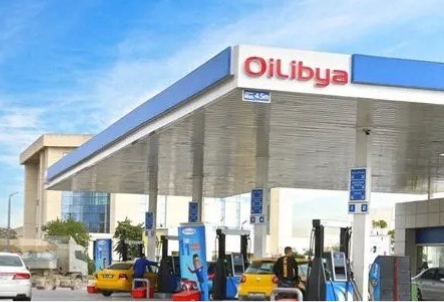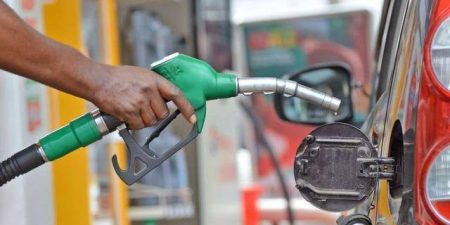
OpeOluwani Akintayo
with Agency report
30 January 2018, Sweetcrude, Lagos — Nigeria’s crude oil grades witnessed slow sale at the market on Monday.
International oil market report obtained from Reuters showed that after a week of active spot trading, the market was slower yesterday as traders awaited the result of several tenders.
A cargo of Brass River crude that Sahara sold last week, was expected to have gone to South Africa, however, was still on ground.
A cargo of end-March loading Qua Iboe that Soca sold last week went to Statoil.
Qua Iboe was said to have mostly sold except for a mid-month cargo held by NNPC’s subsidiary, Duke but re-selling was expected to take place anytime from today.
Offer levels for Qua Iboe have been around $2 above dated Brent with deals taking place some 20-30 cents below that.
Continuous slow/low demand for the country’s crude oil grades may eventually affect the Federal Government’s N2.44 trillion budgeted revenue from oil in 2018.
The 2018 budget initially based on $45 per barrel by the Executive, and the Senate was later increased to $47 per barrel.
Oil prices are rallying due to the ongoing cut deal between the Organisation of the Petroleum Exporting Countries, OPEC, and its non-OPEC partners.
The group agreed to cut 1.8 million barrels per day of production from January last year. The deal which has been extended twice will end in December 2018, with Saudi Arabia and Russia bearing the largest cutbacks of 486, 000 barrels per day and 300, 000 barrels per day respectively.
Brent closed at $69.41 per barrel on Monday, down from $71 per barrel on Thursday.
If all goes according to plan, analysts predict oil prices are likely to hit $80 per barrel or more this year.
Morgan Stanley also said global Benchmark crude, Brent would hit US$75 a barrel by the third quarter of 2018, while the West Texas Intermediate could hit US$70 a barrel.
However, Lukoil has warned against oil prices climbing up to $150 per barrel, citing return of the glut as oil producers seek to make as much money as possible.
Traditionally, oil price is determined by the classic forces of demand and oil supply. For years oil price rallies are also bolstered by other extraneous market sentiments often triggered in the Fragile five petrostates of Iran, Iraq, Libya, Nigeria, and Venezuela.
OPEC is yet to discuss an exit strategy from the oil agreement which started last January.
Despite OPEC predicting oil demand growth of around 1.53 mb/d for 2018, one wonders why demand growth is yet to pick up for Nigeria.
According to OPEC, the growth in demand is expected following a marginal upward adjustment compared to December’s report, with global oil demand now expected to reach 98.51 mb/d.
Non- Organization for Economic Cooperation and Development economies is expected to contribute 1.24 mb/d of the demand growth in 2018.
The United States Energy Information Administration, EIA also predicted a 100 million bopd demand this year up from the total demand of 98.39 million bopd in 2017 (OPEC 39.64 million and non-OPEC 60.69 million bopd contributions).
Last Wednesday, oil militants, the Niger Delta Avengers threatened to attack offshore oil facilities within days although, no bombing has been heard of since the threat.
However, these storms of events have contributed to demand-supply disequilibrium as seen in dwindling demand for Nigeria’s crude at the international market yesterday.
Yet, Nigeria’s case might be a one-off thing as other OPEC members seem to be benefiting largely from the cut agreement which has led to increase in prices.



